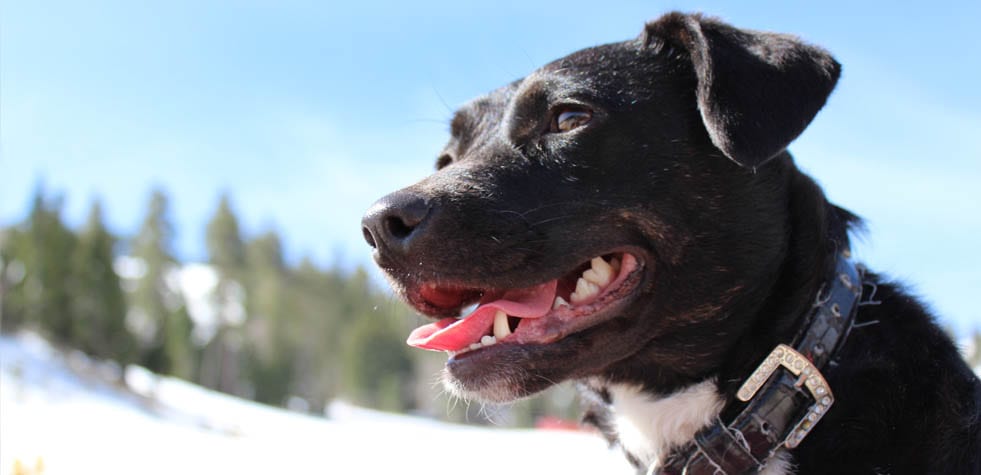How to Help Your Dog with Social Anxiety

How to Help Your Dog with Social Anxiety
Whether you’re a first-time dog owner or a seasoned pro, social anxiety in dogs can be incredibly tough to manage. It might be caused by a number of things, like an overwhelming trip to the vet, time spent around large groups of dogs, or even a traumatic past of abuse— but regardless of the cause, canine social anxiety should not be left unchecked, as it can potentially cause a number of problems in the future.
Common Symptoms of Anxiety in Dogs
So how can you tell if your dog is experiencing social anxiety? It’s important to remember that, like humans, all dogs have different personalities and may react to certain situations in different ways, but a few common signs that your dog may be experiencing social anxiety include:
- Aggression
- Sudden urinating or defecating in the house
- Excessive barking, drooling, or panting
- Destructive behavior
- Depression or continued lethargy
- Pacing or general restlessness
- Repetitive or compulsive behaviors
Social Anxiety in Dogs: What Owners Can Do to Help
If you’ve identified one or more behaviors in the list above, your dog may in fact be exhibiting signs of social anxiety. But what can you, as an owner, do to help?
Depending on the cause of the anxiety, you may want to try one (or a few) of the following:
Reward Calm Behavior
It makes sense that owners are quick to comfort their pets when they feel anxious, but even if good-intentioned, this can sometimes reinforce fearful behavior rather than help your dog overcome it. Instead, try rewarding good behavior and moments when your dog is calm. Once a dog starts to pick up on this positive reinforcement— be it with treats, bones, or even just words— they’ll start to trust that things will be okay the next time a similar situation arises.
Consider Enrolling in Puppy Classes or Dog Training
Socialization from a young age is essential for all dogs, and failure to socialize can often result in a dog’s fear or social anxiety around groups of people or other dogs. If your dog’s anxiety is rooted in an issue with a lack of socialization, you may want to consider enrolling your furry friend in puppy classes or doggy day care. These programs can help generally anxious dogs get acquainted with a wide variety of people and other dogs, reinforcing the lesson that new friends don’t have to be so scary!
Create an Exercise Routine
Though it might not completely alleviate the issue, regular exercise is crucial for a dog’s overall wellness— just like humans! A stimulated dog is less likely to pick up destructive behaviors, and daily walks and/or time dedicated for play can definitely help your dog release some pent up anxious energy.
Leader of the Pack Canine Institute is Here to Help
If your dog is newly experiencing social anxiety, the tips above are a good place to start— but should you need further guidance, our team here at Leader of the Pack is here to help.
From dog training and boarding to puppy classes specifically designed for obedience, manners, and socialization, we’re passionate about what we do and happily accept four-legged friends in the Easton, Bethlehem, and Allentown, PA areas. Please contact us today for more information!

